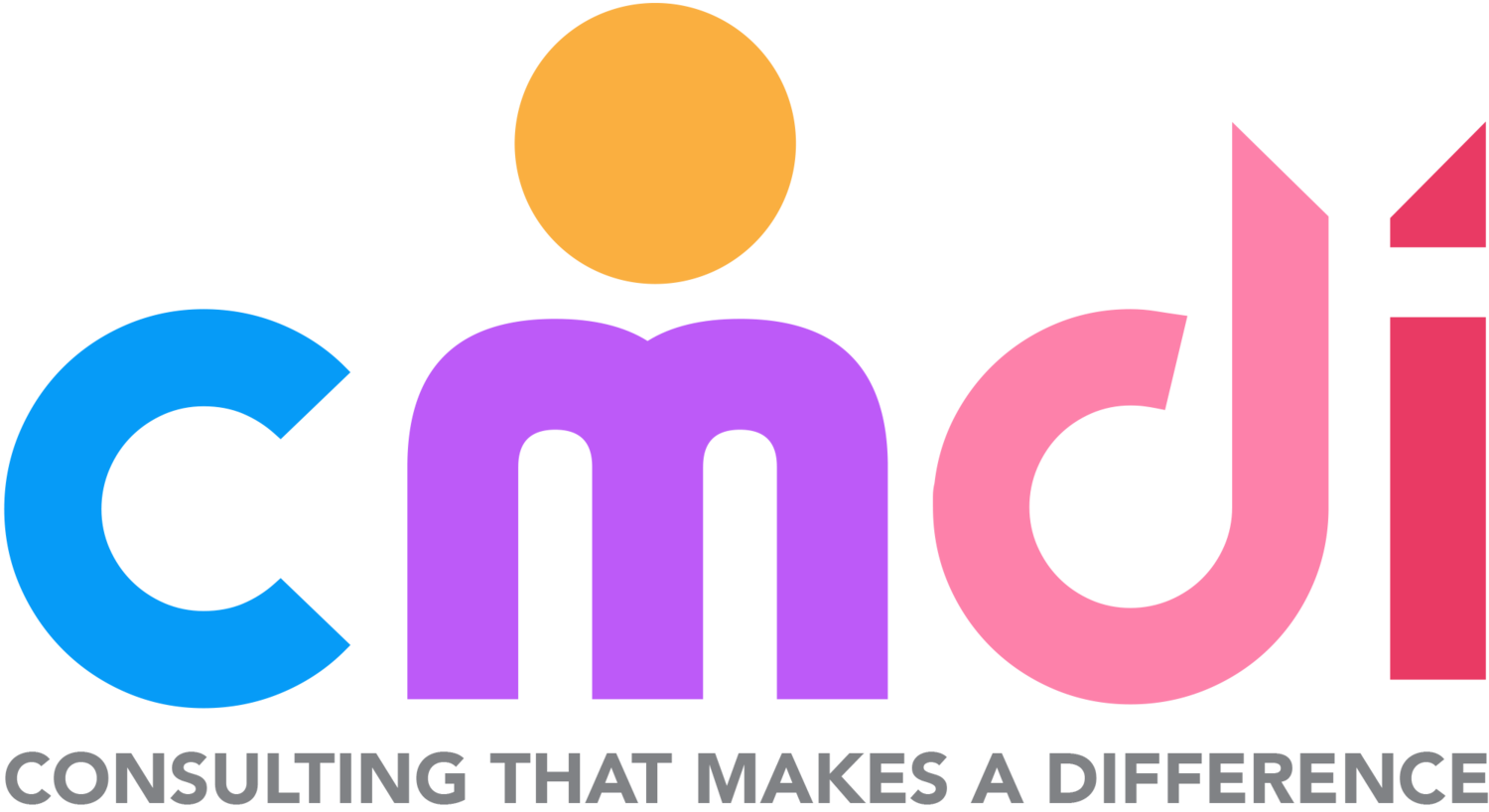International Women’s Day
“Gender equality is the goal that will help abolish poverty that will create more equal economies, fairer societies, and happier men, women, and children.”
- Graça Machel (Mozambican politician and humanitarian)
Despite significant strides towards gender equality in recent generations, a vast divide remains. Nevertheless, tremendous momentum is gathering in many parts of the world, driving cultures, and societies towards equal recognition of all genders. We have seen flagship breakthroughs in achievements by women in politics, space, sport, science, business and media, and there is a steadily growing understanding and acceptance of gender issues that would have been unthinkable just a few generations ago.
However, despite these positive movements, bias towards women, minorities, and those of non-traditional orientation remains embedded in many cultures and societies everywhere. Indeed, women’s rights, racial issues, and LGBTQ+ groups are under increasing attack in many countries and communities—their opponents emboldened by reemerging confidence of counter-progressive groups both here in the U.S. and around the world.
“The most damaging phrase in the language is it’s always been done that way.”
- Grace Hopper (American computer scientist and United States Navy rear admiral)
So what can WE do?
Closer to home, as we focus on education in a broad and diverse arena, we must be vigilant about the existence of the language of gender bias in our teaching materials. According to a recent study by Rutgers University, gender bias has not evolved in over 20 years. "There is a pressing need to revisit educational materials to prevent the perpetuation of implicit gender biases," says studio co-author Kristen Syrett.
Sadly, textbooks published as recently as the last decade that are widely used in all levels of education from preschool through universities still cling to traditional gender-based stereotypes. Statistics show that these ingrained biases against women are baked into the very language used in classrooms across the country. These materials portray careers and occupations in all walks of life and physical, emotional, and intellectual activities of all kinds, in terms of conventional standards that belong in the last millennium.
Inequality is all around us. Instances involve gender, race, religion, sexual orientation, or any of a whole range of challenges faced by minority groups the world over. It is easy to feel overwhelmed by the sheer volume and scale of the obstacles that we face. However, there are also many shining examples of women throughout history, from across time and continents, to whom we can look for inspiration. So, it is entirely fitting that we celebrate the enormous achievements of modern heroes, from the intellectual vigor of the recently passed Ruth Bader Ginsburg, the immense bravery of Malala Yousafzai, the in your face tenacity of Greta Thunberg, and the determination of Megan Rapinoe, who just this month led and won the battle for equal pay for women soccer players.
Change, though, not only happens in the public eye. There are small, private actions occurring every day in every village, town, city, and country across the globe.
“I raise my voice not so I can shout so that those without a voice can be heard. We cannot succeed when half of us are held back.”
- Malala Yousafzai (World's youngest Nobel Prize laureate)
Today as we celebrate International Women's Day, take a moment to discover the hundreds upon hundreds of events worldwide by visiting the International Women's Day (https://www.internationalwomensday.com/) website for a comprehensive listing of these events. From the Business Chicks IWD Breakfast in Adelaide, Australia, through "Perspectives on Systems, Culture, and Equality in the 21st Century". An event in Shanghai, China, will raise money to benefit Educating Girls in Rural China. In Delhi, there is a symposium to raise awareness of rising tobacco use among Indian women and how the tobacco industry is targeting them. There are fashion shows in Kenya, the UK, Florida. Fun runs and sporting events in Malaysia, Egypt, the US. There are countless events and workshops in every corner of the globe for up-and-coming women entrepreneurs to learn and network—discussions highlighting gender-based violence and how to combat it. There are comedy clubs, singer-songwriters, writers, filmmakers performing and discussing their work, all contributing to the ultimate goal of improving the position of women and minorities worldwide, who face prejudice, bias, and inequality in so many aspects of their daily lives.
All these events, and so many more, weave a beautiful, multicolored tapestry that connects individuals and groups, not only with people in their local communities but far beyond. They solidify existing bonds, encourage relationships, introduce new ideas and connect people to resources and opportunities.
Collectively we can all #BreakTheBias

